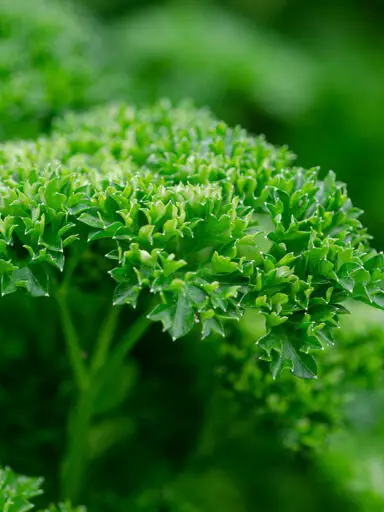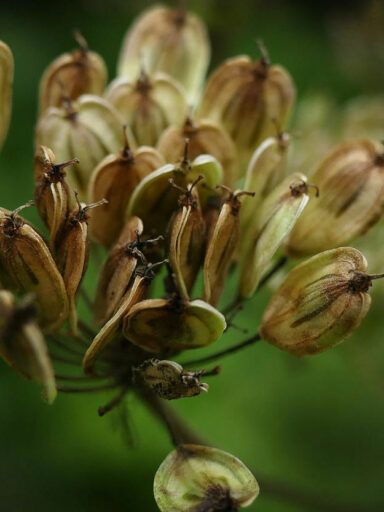The apple is one of the most widely known fruit in the world today. It is very popular with the health-conscious that there is even a phrase behind it: An apple a day keeps the doctor away.
Believed to have originated in central Asia around Kazakhstan, the fruit is now grown worldwide primarily for its fleshy fruit. The fruit is usually tennis ball-sized, oval, or pear shape with outer skin ranging from green to red with several hues featuring gold and yellow in-between.
The inside features a fleshy pulp that is often white to cream in color. It is a juicy sweet flesh with a tart taste from the tartaric acid. It contains bitter inedible seeds.
The apple tree grows to about 1.8 to 4.6 m (6 to 15 ft) tall and up to 12 m tall in the wild. The plant is generally grown from seeds and comes in several varieties which must cross-pollinate to develop fruit. Pollination is commonly done thanks to the activities of the honey bee.
Apples can be stored in a refrigerator for up to a month. At room temperature, they are only good for a few days. The fresh fruit should be firm and bright in texture. They should not be wrinkled or soft to touch. They should also not contain fungus or any abrasions.
Culinary Uses of the Apple
The apple can be eaten raw or cooked in various ways. The skin is edible or sometimes discarded depending on the recipe requirements. The seeds are usually also discarded as they are too bitter to be eaten. The sliced fruit turns brown on exposure to air from the action on the iron in the fruit. Fresh lemon rubbed on the slices slows down this action.
Apple fruit is also used to make juice, fruit jam, pie, vegetable, and fruit salad as well as alcohol-based drinks such as apple cider, Applejack, and Calvados.
They can also be canned or dried. When cooked they are usually baked or stewed and also sauces for meat dishes like pork. Common dishes include apple pie, apple strudel, apple crumble, and applesauce.
Nutritional Benefits
The seeds when consumed in large quantities can be toxic to humans. It contains just 50 calories per 100 grams. They are rich in anti-oxidants and tartaric acid. It has good amounts of vitamin C and decent amounts of Vitamin A and Vitamin K. It is also a good source of B complex vitamins.
It has small amounts of minerals including potassium and phosphorous. Especially when eating with the skin it is also a good source of dietary fiber and decent amounts of carbohydrates.




